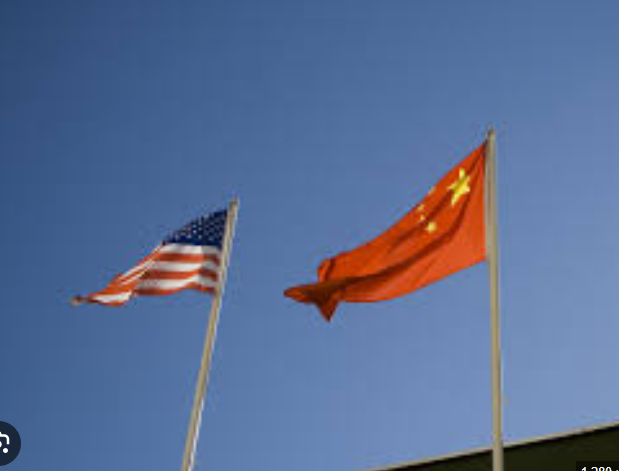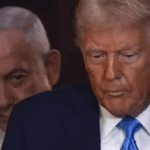Summary by Geopolist | Istanbul Center for Geopolitics:
As the world moves further away from the brief “unipolar moment” that followed the Cold War, international politics is entering a more contested and volatile phase. The United States and China are locked in an increasingly tense rivalry centered in the Indo-Pacific, while Russia continues to disrupt Europe’s security landscape. In this environment, middle powers—countries like Japan, Australia, South Korea, and Canada—find themselves in an awkward position: they have enough influence to matter, but not enough to shape the system on their own.
In theory, middle powers could band together to push back against aggressive great powers, uphold a rules-based international order, and defend global norms. But in practice, that rarely happens. More often than not, they act alone—guided by short-term national interests—rather than forming lasting coalitions. This failure to cooperate has real consequences. It makes it easier for stronger powers to divide and pressure them, and it undermines the kind of collective action needed to manage global challenges, from economic coercion to territorial disputes.
There’s a term in political science that helps explain this: the prisoner’s dilemma. It describes situations where individual actors would benefit most by working together, but fear that others will defect, so they choose to go it alone. This is exactly what’s playing out among middle powers today. Take the example of the Trump administration’s tariffs on allies—Japan, Canada, and others could have coordinated a firm, united response. Instead, most tried to strike their own deals with Washington, weakening their collective hand.
This isn’t a new problem. For decades, scholars like Robert Axelrod and Mancur Olson have shown how difficult it is to get states to cooperate when the incentives for defection are strong and there’s no reliable enforcement. And while institutions like the European Union or the CPTPP have helped bring some coordination, their limits are increasingly clear—especially when national interests clash. The EU’s struggle to maintain unity on Ukraine aid, due in large part to obstruction from Hungary, is just one example.
Some international relations scholars, like Graham Allison, remind us that when great powers collide—as the U.S. and China now seem to be doing—smaller players often get squeezed. According to his “Thucydides Trap” idea, conflict becomes more likely when a rising power challenges a dominant one. In these moments, middle powers often find themselves with shrinking space to maneuver. Their room for agency narrows, and the rules-based order they once depended on starts to erode.
But that doesn’t mean middle powers are powerless. As scholars like Andrew Cooper and Robert Keohane have argued, they still matter—especially when they act together. Japan’s leadership in reviving the CPTPP after America’s exit is proof that middle powers can lead when they step up. But those moments are rare, and without stronger trust and coordination, they’re unlikely to last.
The bigger picture is that the world is drifting back toward the harsh logic of power politics. The idea that international rules and norms alone can hold things together is starting to feel outdated—especially when strong states ignore rulings (like China with UNCLOS in the South China Sea) or act unilaterally (as Trump often did). As John Mearsheimer and Stephen Walt argue, power still talks, and often the loudest.
So what’s the takeaway? Middle powers need each other more than ever—but so far, they’ve been too divided, too cautious, or too reactive to build real coalitions. Unless that changes, they risk being sidelined in the new global order, forced to adapt to a world where “the strong do what they can, and the weak suffer what they must.”
Read more here.







